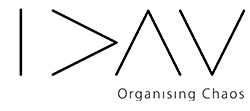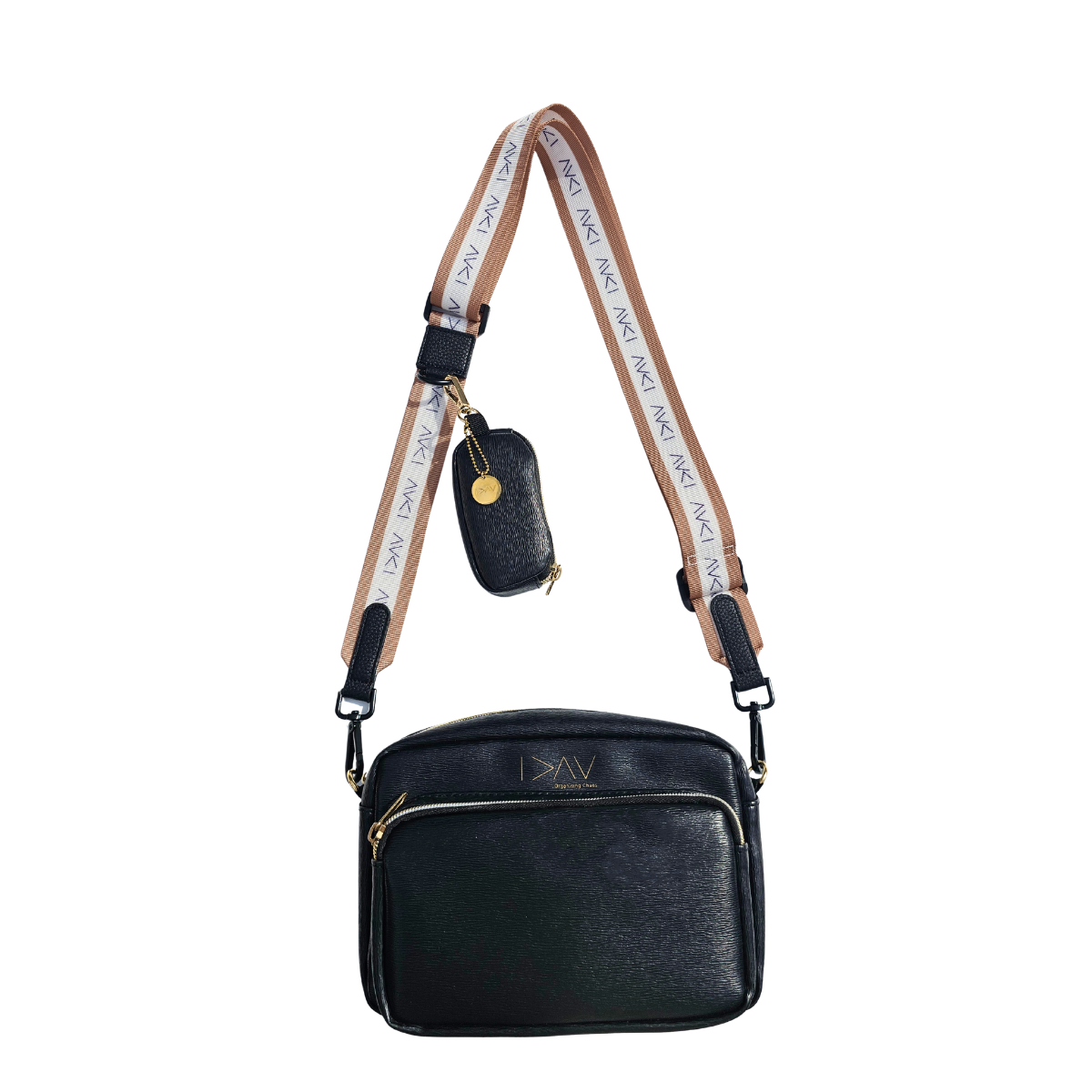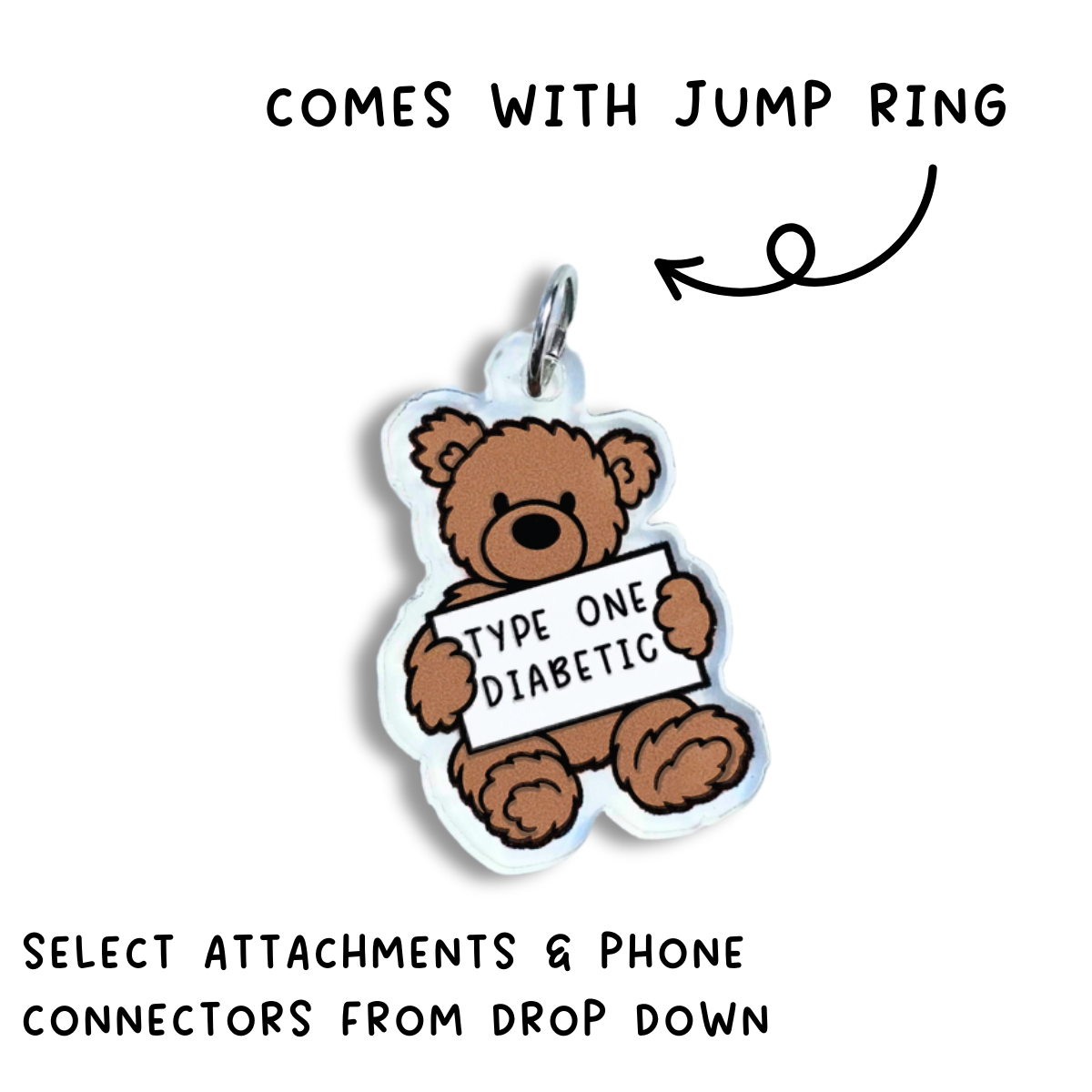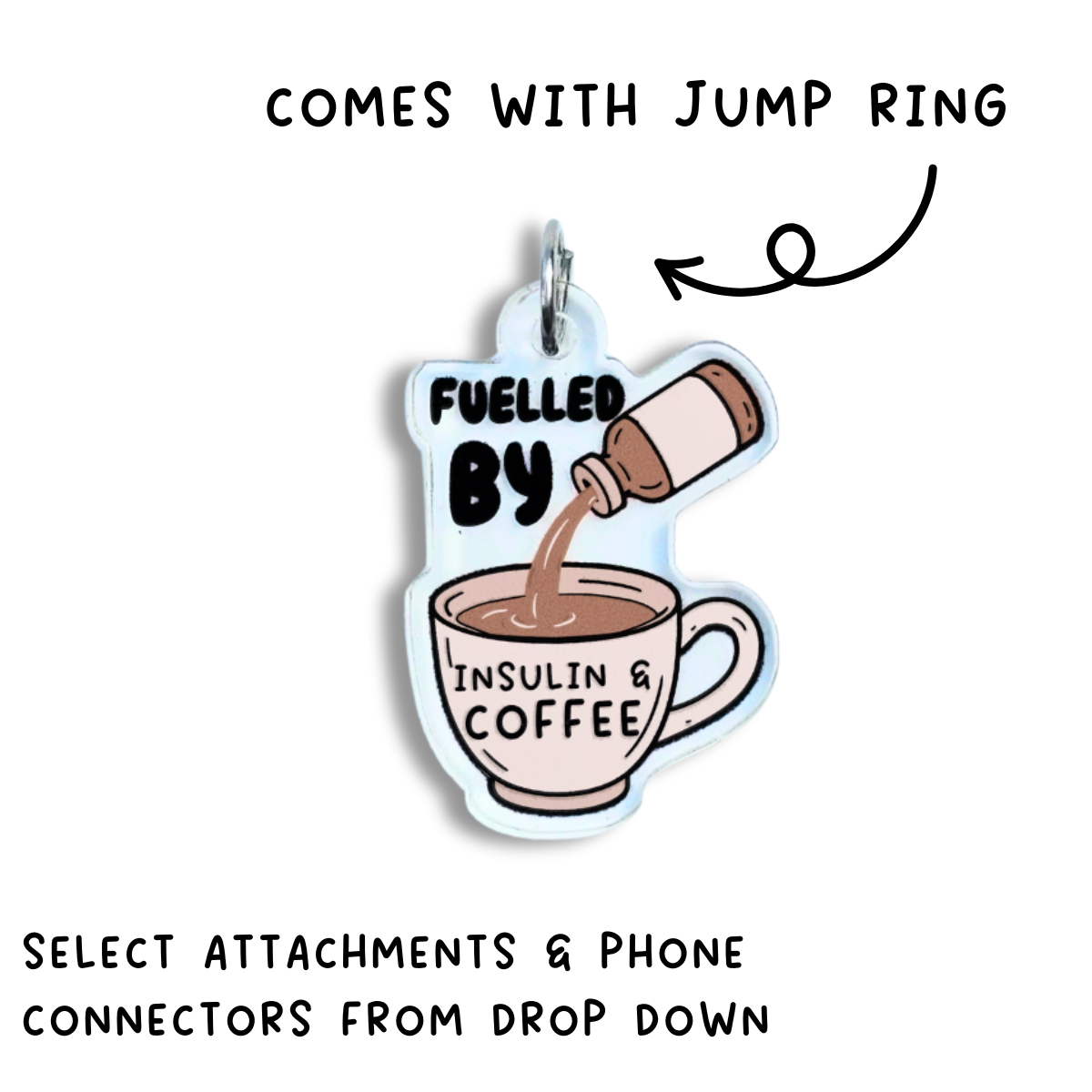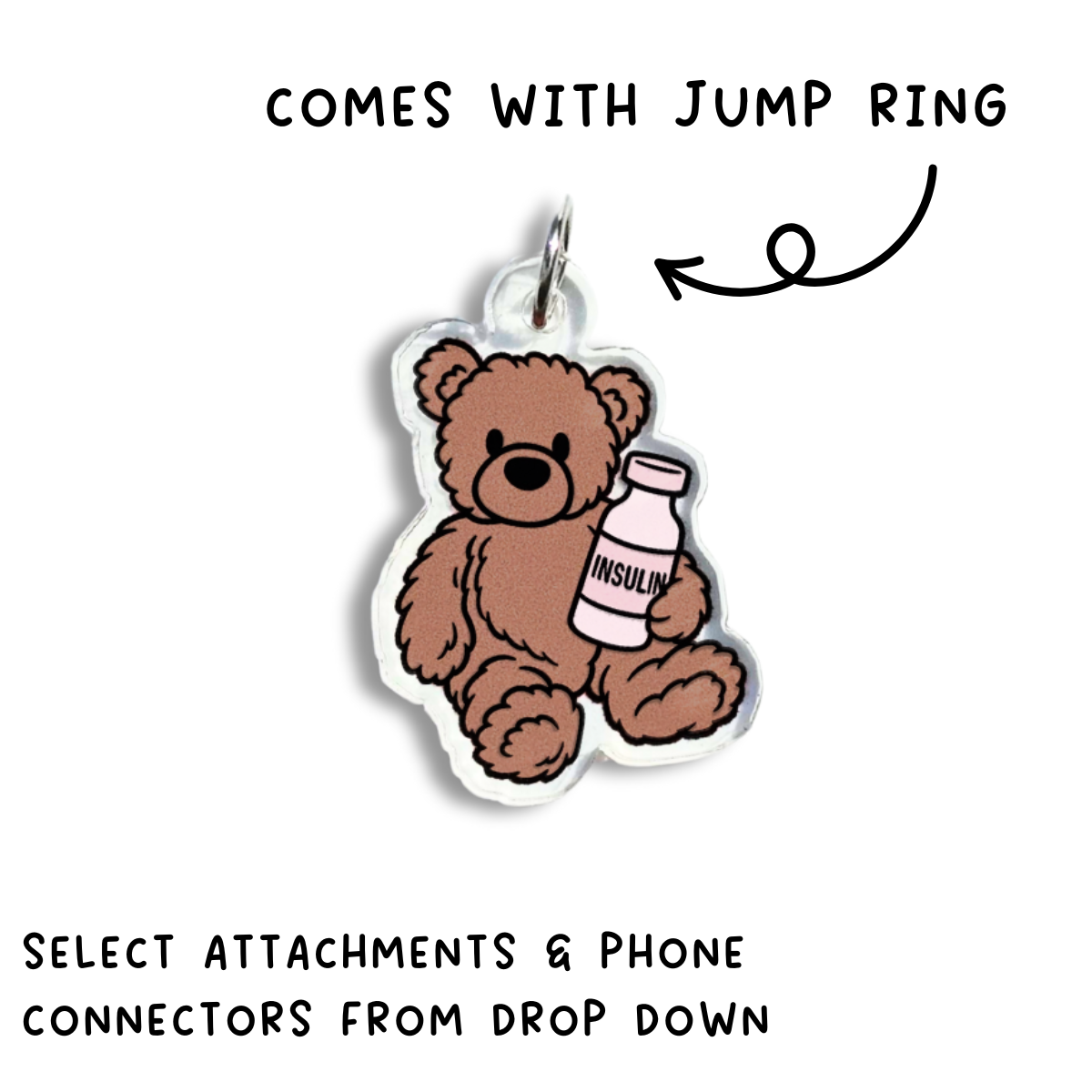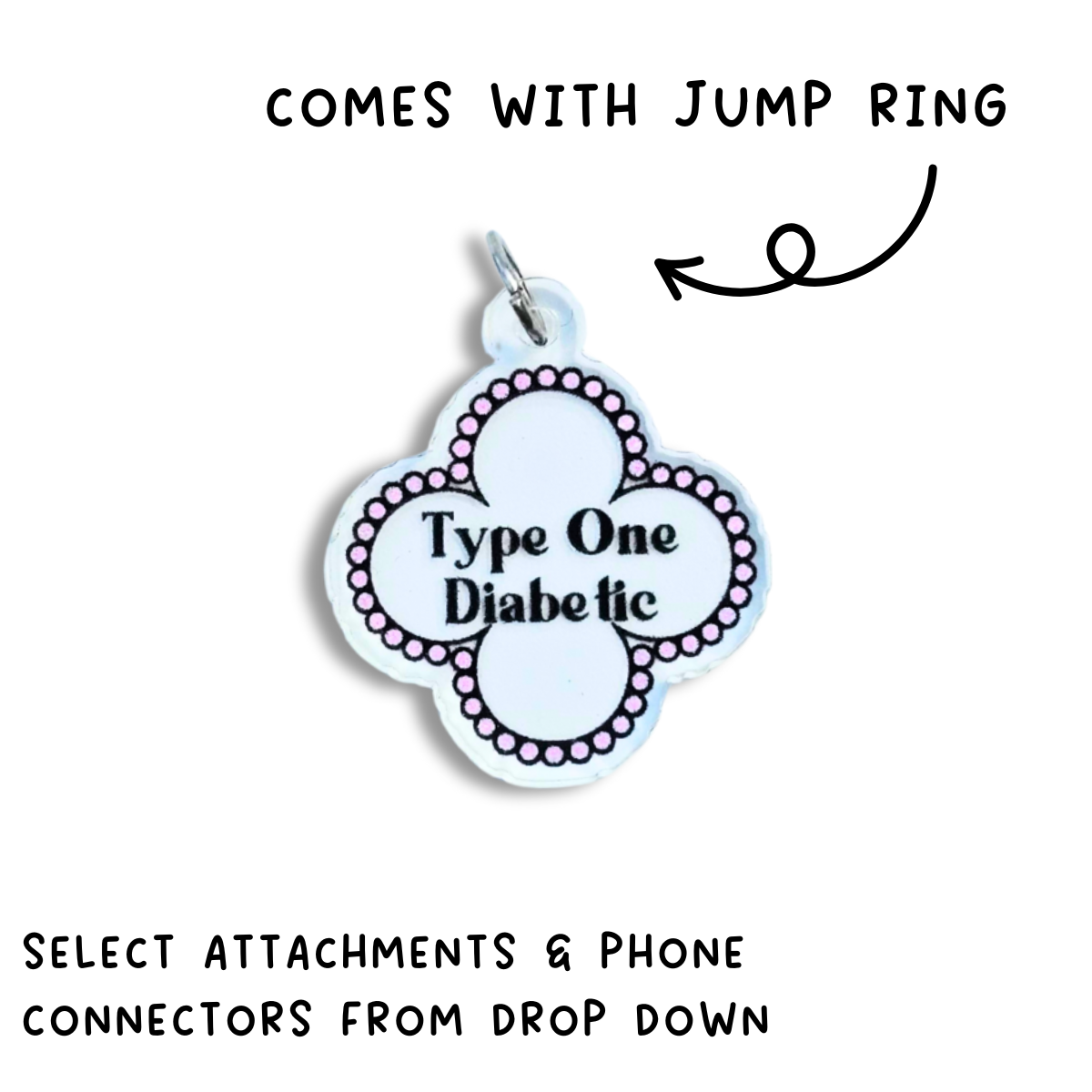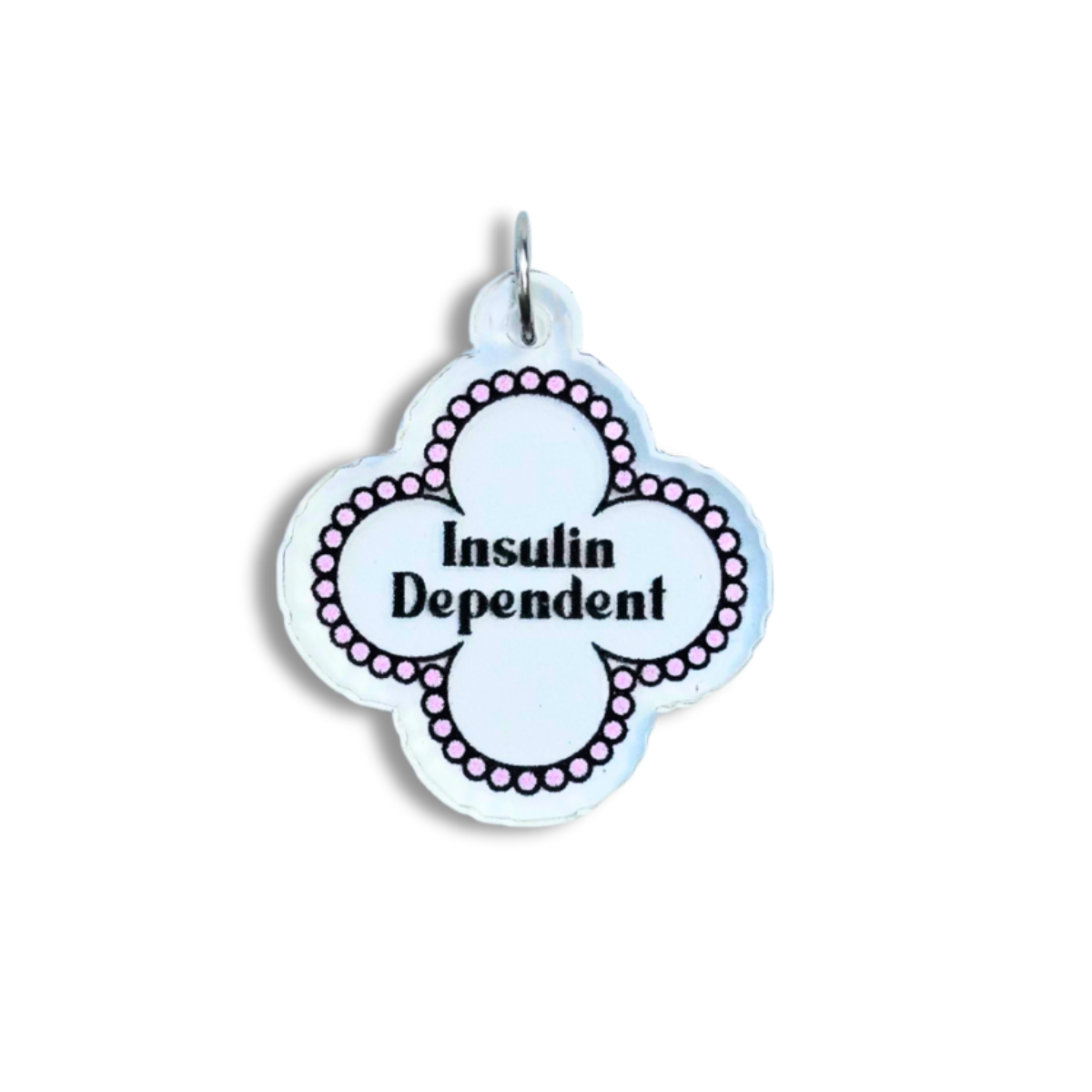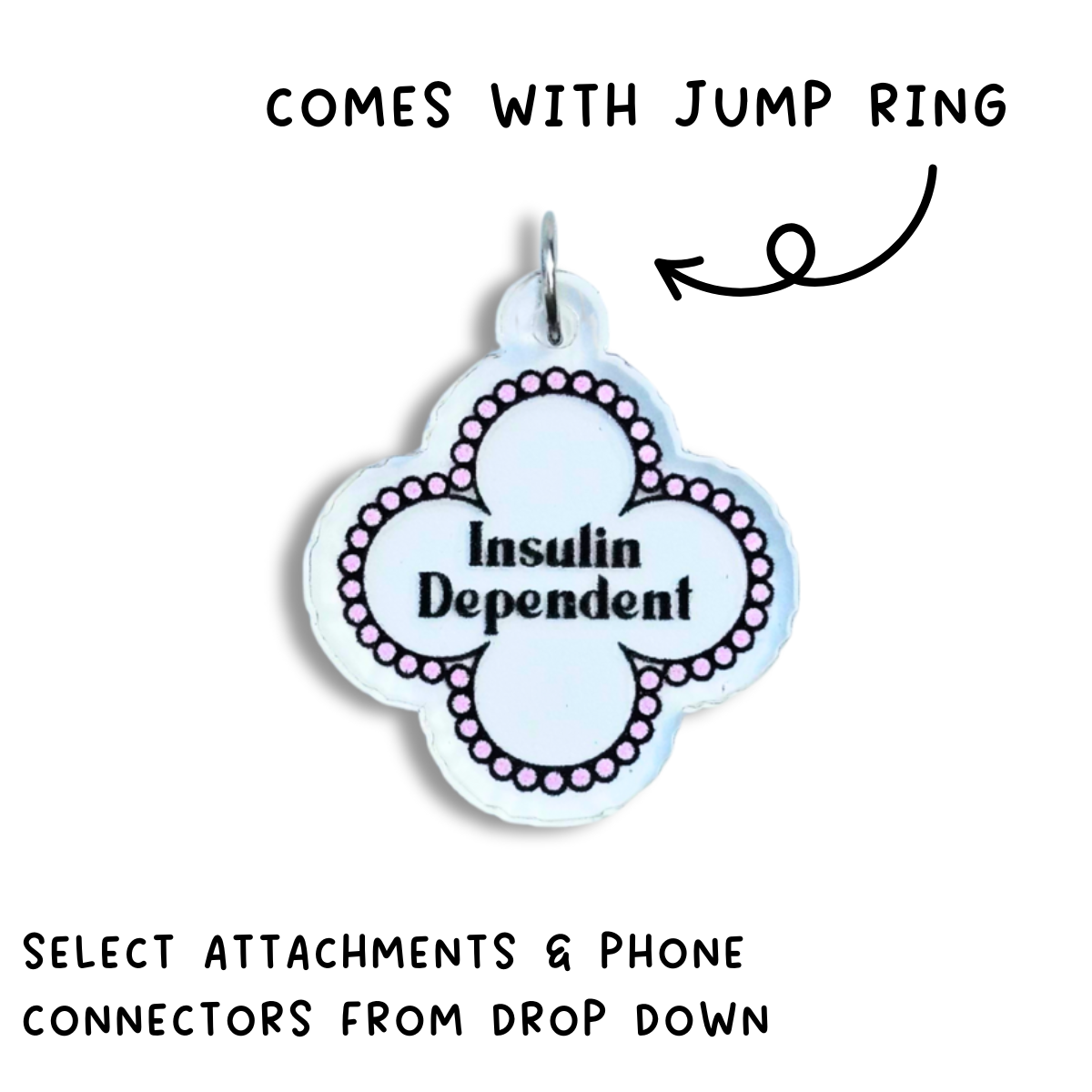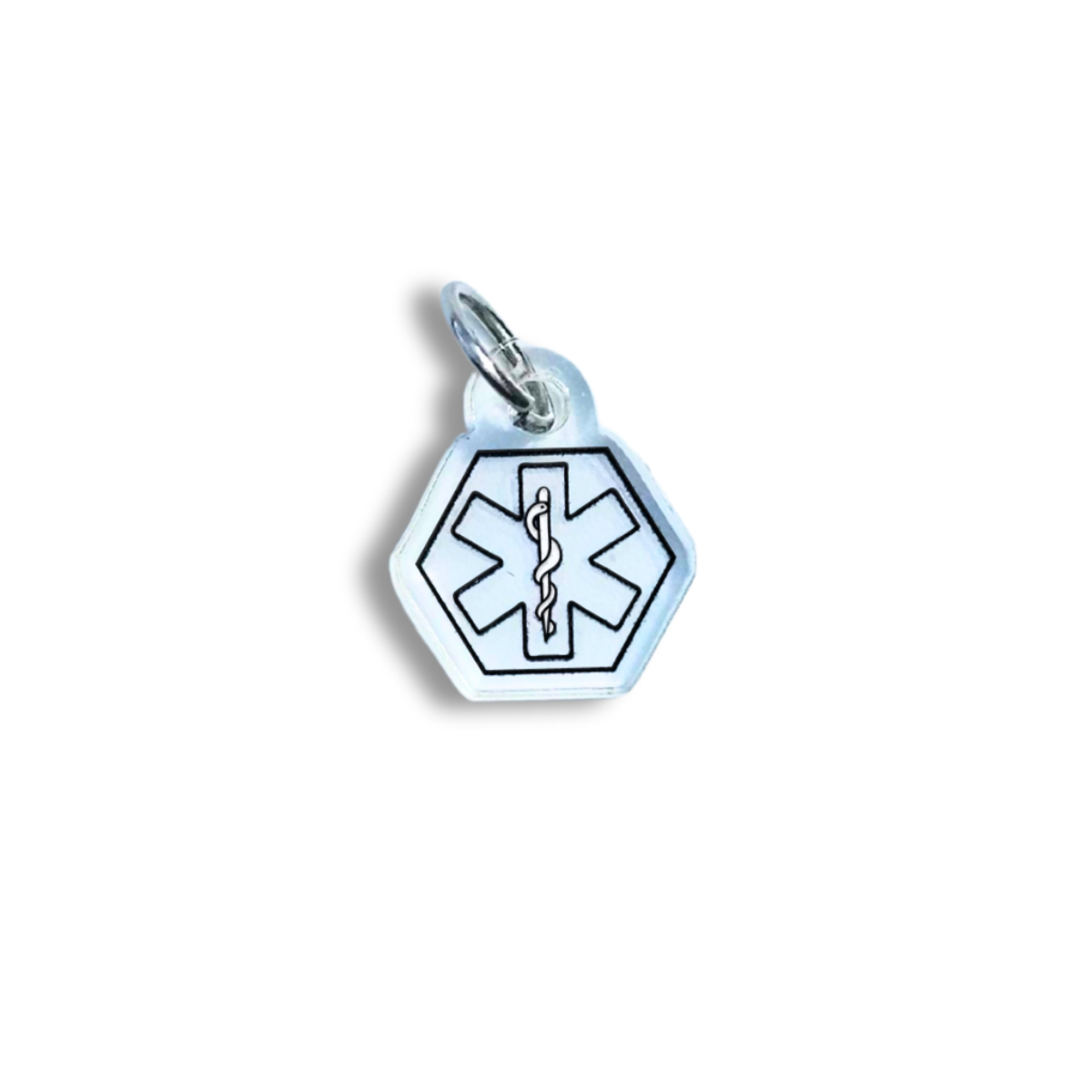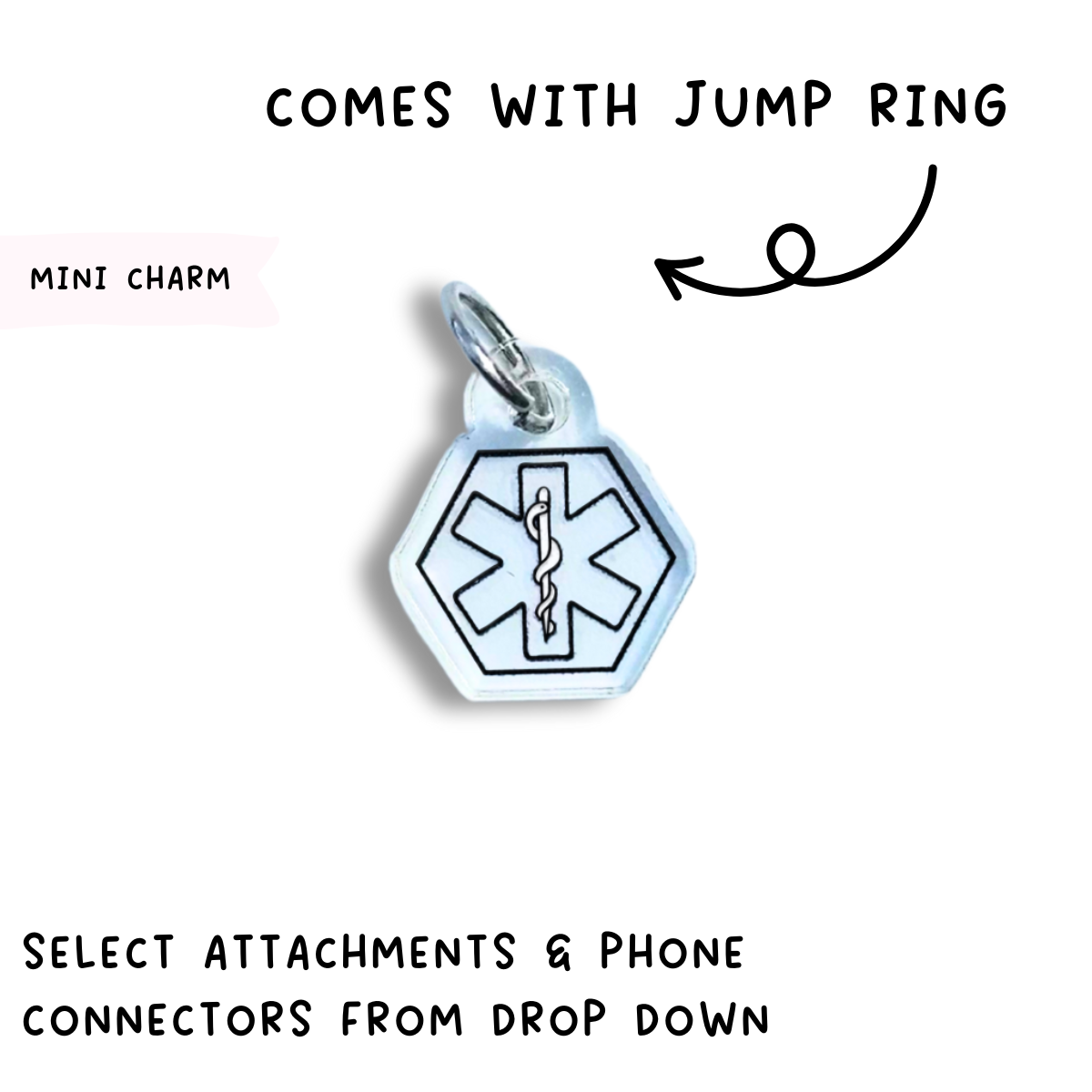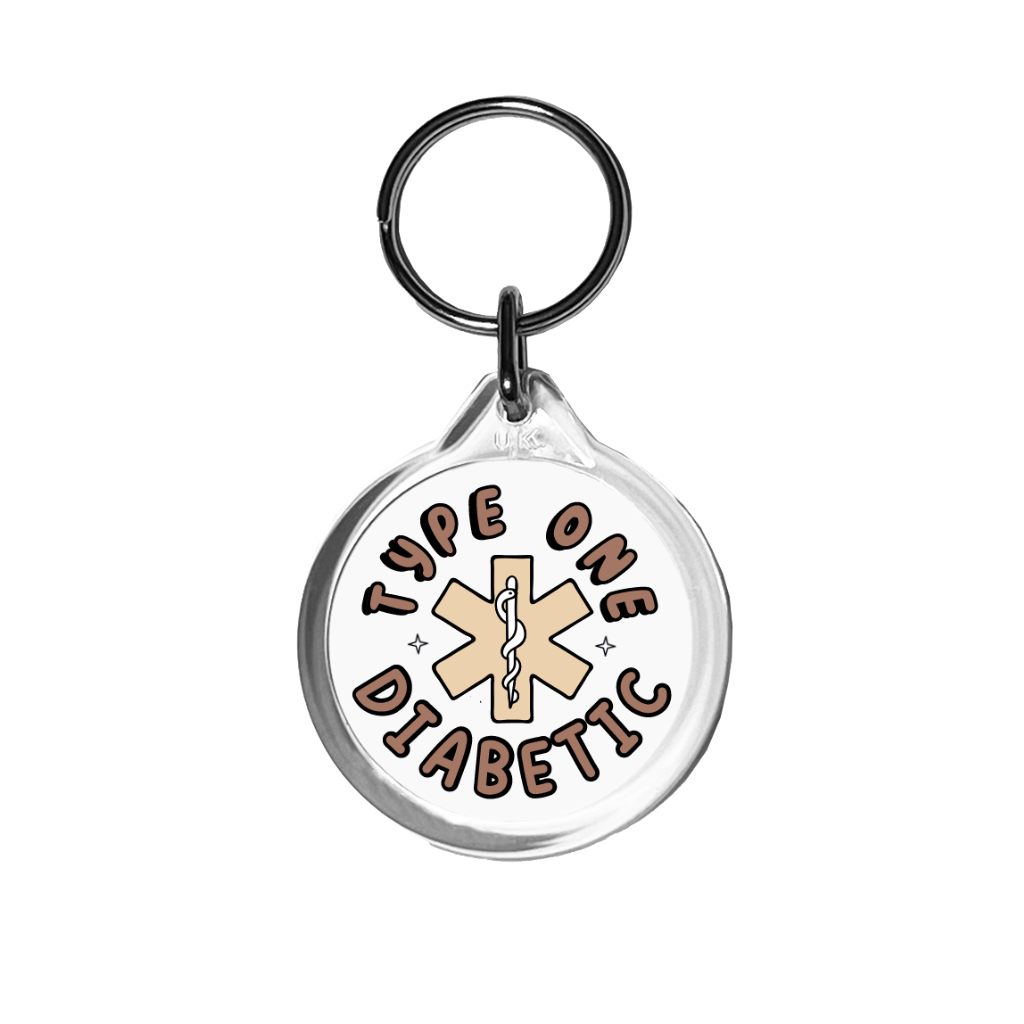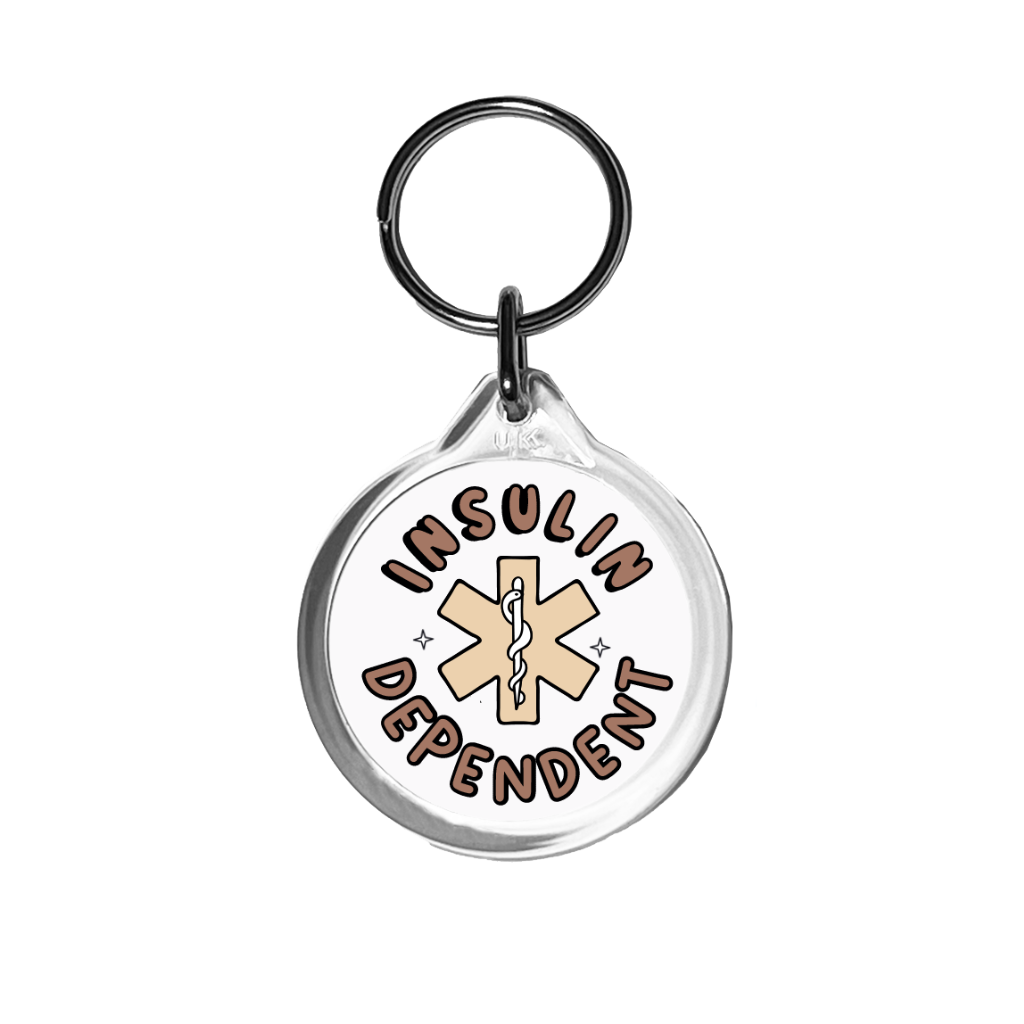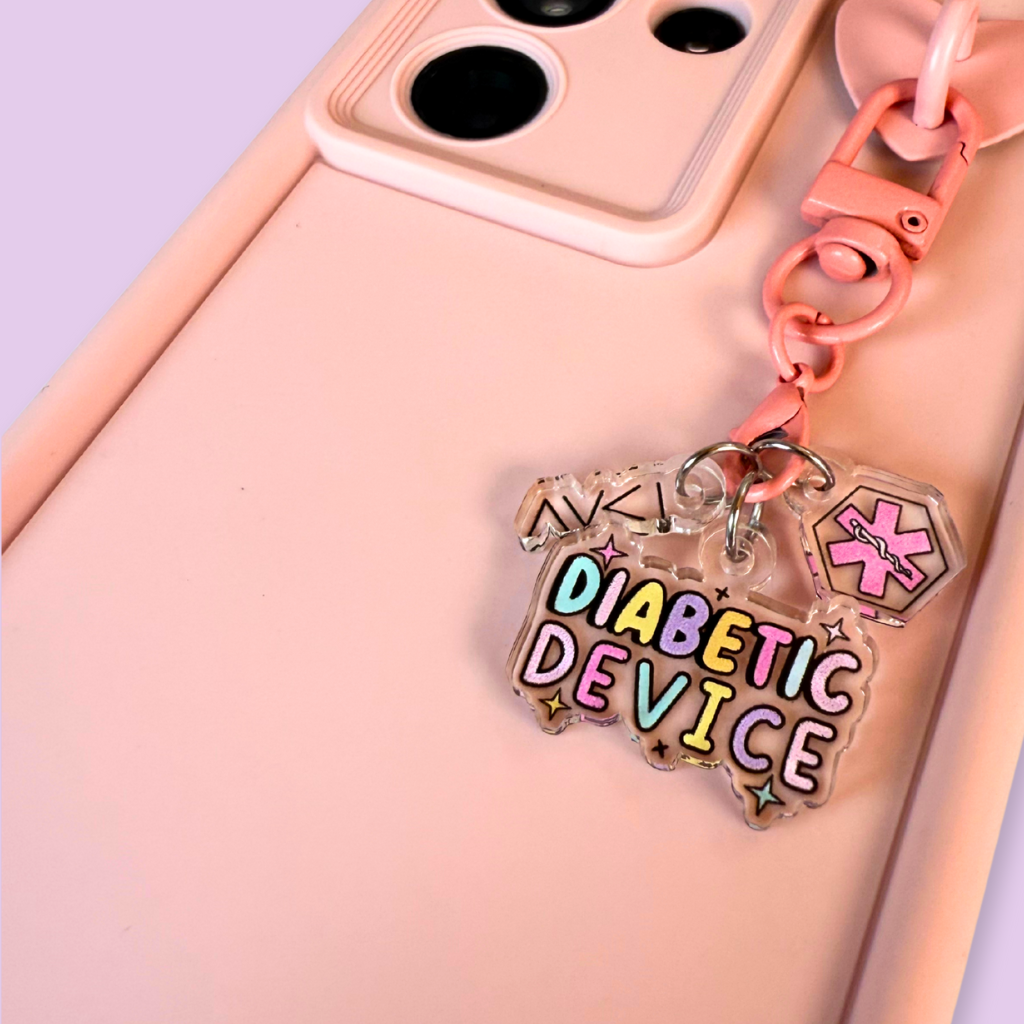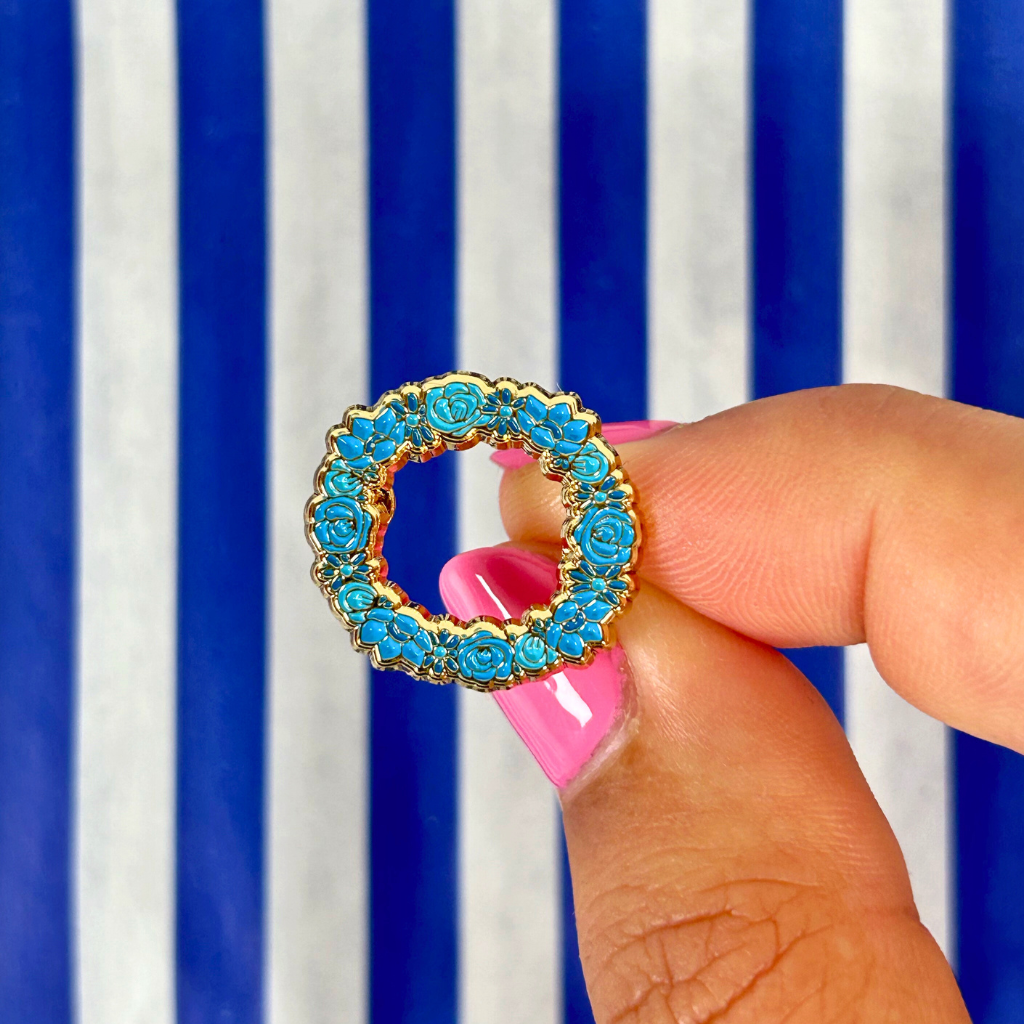Disclaimer: This is just my personal journey and experience of living with type one diabetes and going through surgery. It’s not medical advice. Please always consult your own medical professionals and liaise with your diabetes team before making any decisions about your diabetes management.
---
I’ve just been given my surgery date, and while I’m equal parts excited and terrified, one thing I do feel a little more confident about is how I handle surgery with diabetes. This upcoming operation will actually be my fourth surgery in the past 18 months (I know… my poor body has been through it!), so by now I’ve almost become a pro at navigating the whole “diabetes in hospital” side of things.
The first thing I always do is have a conversation with my diabetes nurse. I think it's important to have their support and have them aware you're about to go into surgery in case the surgical team need to get in touch. It gives me the reassurance that I’ve got medical backing for the way I manage my diabetes, and it also strengthens my confidence when I’m advocating for myself in hospital.
I’ve learned over the years that what works for me might not be the standard protocol, but I know my body best and thankfully my nurse completely respects that and so far so have the surgical teams When it comes to the actual surgery day, I always opt to keep my insulin pump on. I’ve done this during all three of my previous surgeries and even during a sedated medical procedure, and I’ve never had a problem. To reduce the risk of going low, I run a temporary target so my blood sugars sit a little higher than usual. I usually start this well before my surgery time so I don’t have lots of insulin on board, which is especially important because most surgeries mean you’re nil by mouth.
Technology has definitely been my friend through all of this. I use Android APS (DIY Looping) and xDrip alongside my Dexcom G6, which allows me to personalise how I see and share my blood sugars. For surgery, I make sure my glucose data shows on the lock screen of my phone. The anaesthetist then keeps my phone with them throughout the procedure so they can monitor my numbers in real time and also so I can stay connected. They keep it with me right into recovery, and my pump stays attached the entire time.
Now, I do want to say this: most of the staff I’ve dealt with have been understanding and supportive. But it can be exhausting having to advocate for yourself again and again. Each surgery means explaining things to a whole new set of medical staff, many of whom sadly aren’t up to date on modern diabetes management. And when you’re already unwell and facing surgery, the last thing you feel like doing is fighting your corner. But honestly, it is worth it. Standing firm about what’s right for you and your diabetes can make all the difference in how safe and comfortable you feel during something as daunting as surgery.
What I’ve found reassuring is that, once I explain my approach, staff usually get on board and even appreciate the clarity. But it takes that extra energy to push for it and I know that can be draining. Of course, I’m not suggesting this is the “norm” or the only way to handle things, this is just what works for me, with the guidance of my diabetes team.
But I’d love to hear from others who’ve been through surgery with diabetes. How did you manage it? Did you keep your pump on? Were your hospital teams supportive? Share your experiences in the comments, it might really help someone else preparing for surgery feel a little less alone.
